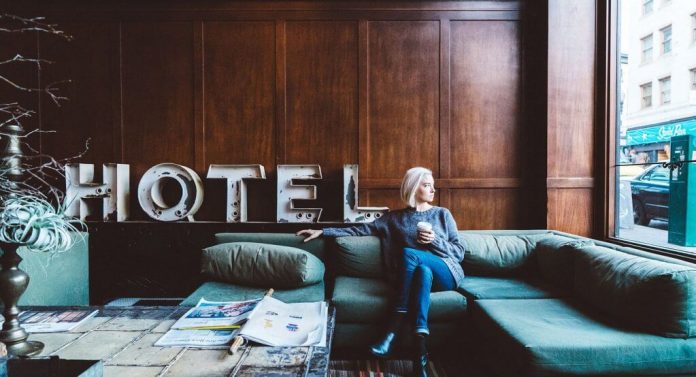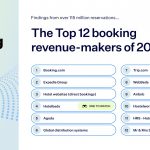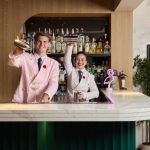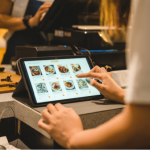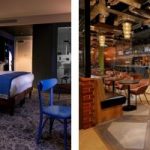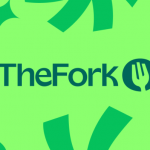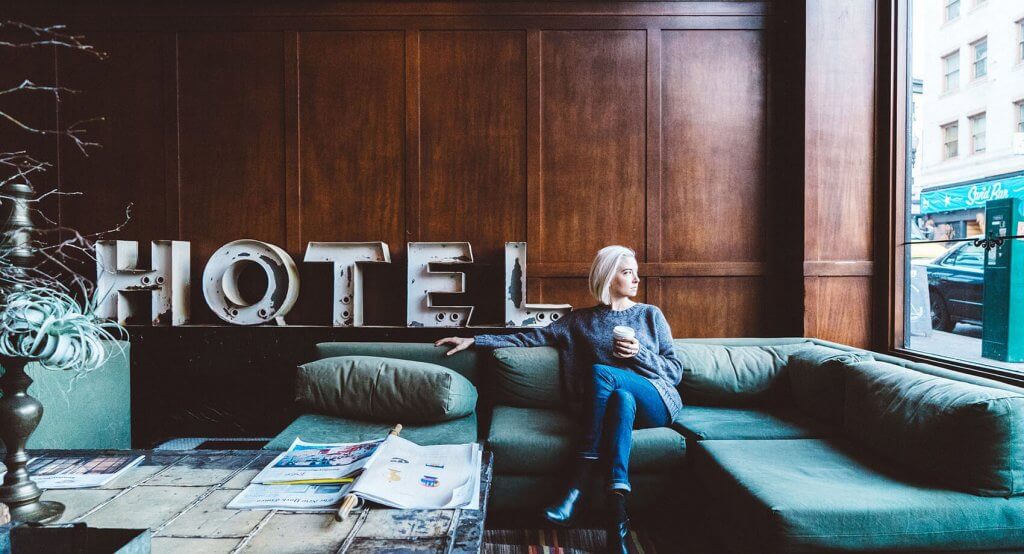
As we push to flatten the curve of the Corona virus pandemic globally, how will travel demand change? How fast or slow will tourism recovery be?
NB: This is an article from ARO
It heavily depends on flattening the curve and preventing a resurgence of cases once restrictions are eased. Undoubtedly it will take some years for the industry to recover to levels before the COVID-19 crisis. Even as vaccines become available, the logistical challenge of inoculating 7 billion people means the desired end point of full socialisation without restrictions is still over a year away.
In view of this, luxury hoteliers need to take all necessary steps to prepare their hotel recovery plan for a post COVID world and determine realistic prospects, and KPIs to measure their performance.
Subscribe to our weekly newsletter and stay up to date
A three-phase approach to your hotel recovery strategy:
1. ACTIVITY WHILE TRAVEL IS ON PAUSE.
As we discussed in a previous article, although restrictions have been increased and many properties are closed, it is crucial that hotels stay connected with both their previous and potential guests. This can be achieved through social media, email marketing and content. This not only engages, informs and educates their audience, it also enables them to maintain a strong brand position.
It’s really important that the marketing team strategy aligns with that of the revenue management team. Maintaining your rate is key and delivering cohernet promotional messaging will help. Take the time to look at all aspects of your offering and ensure you are incentivising your guests to book directly instead of via OTAs. A flexible cancellation policy, values adds (e.g. free spa treatment) and detailed safety information will give them a great reason to book directly with your hotel.
Make sure you’re flexible with cancellation and offering something special that give them a great reason to book directly with your hotel.
2. AS THE DEMAND FOR TRAVEL INITIALLY RISES.
Focus on brand awareness and encourage new guests into the booking funnel. To really give people the confidence to book, maintain the flexible booking and cancellation policy and strong messaging relevant to the situation.
If the hotel has been closed, clearly state that the hotel is now open and accepting reservations. It’s important to provide strong messaging on any critical hotel information like cleaning protocols, restaurant opening, spa facilities and check-in/out details.
Reassure guests that your hotel is still taking stringent precautions and that there is a prevention plan in place. Destination content will become even more vital than in the previous phase. People are likely to be more nervous and quicker to find fault if it is their first trip post lockdown.
3. AS TRAVEL DEMAND STRENGTHENS
Four considerations to prepare your digital marketing plan for phase 3
1. COORDINATE YOUR MARKETING AND REVENUE MANAGEMENT STRATEGY
The key for a coherent recovery plan is to align your messaging with your rate strategy. It is essential to ensure parity across your own channels, provide lower direct booking rates, eschew the booking.com Genius program, regularly update offers and packages and most importantly maintain a flexible cancellation policy.
2. BALANCE YOUR DIRECT AND OTA STRATEGY
You cannot ignore the role of OTAs in the distribution mix. They do provide an important marketing component – the key is to manage them not disregard them. Closely monitor rates to ensure that your direct rate is the best value and consider including value-adds for website bookers.
3. MAXIMISE WEBSITE CONVERSIONS
The success of your campaigns depends on your website’s ability to convert potential guests One of the critical factors of hotel digital strategy long term is that your website is optimized for conversion.
Here are some considerations:
- Have a strategy to recover lost or abandoned bookings
- Carry out A/B testing on key elements of the website and booking engine experience
- To improve user experience of your website look at metrics like bounce rate, time spent on your top pages, conversion rate and per session value.
4.MAXIMISE REVENUE BY UPSELLING SECONDARY SERVICES
Create tempting packages with dining, experience and spa options. Market these subsidiary offerings by:
- Sending pre-stay and in-stay emails.
- Measuring the uptake and adjusting if necessary.
- Adding guests who book, into a remarketing program for display campaigns
As travel demand starts to increase, it’s essential to have a proactive strategy for reviving demand for your hotel. Optimising all parts of your website and digital strategy will enable you to quickly pivot your offering as required and ensure the long term success of your business.
The post Hotel Recovery: A Three-Phase Approach As Travel Demand Increases appeared first on Revenue Hub.























